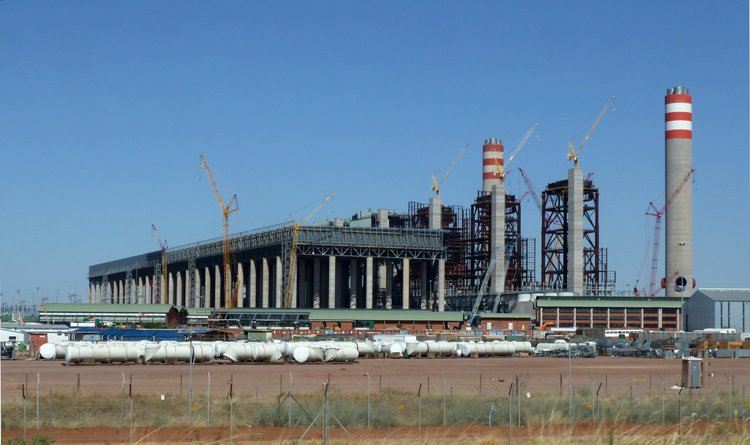Delhi, Punjab, Haryana can manage even if thermal plants in 300 km radius are shut in winter: Report

- Country:
- India
Thermal power plants in 300 km radius of Delhi generated negligible or no electricity from November 14 to 23 last year and power from other sources and regions met most of the demands of Punjab, Haryana and the national capital, the CREA said on Tuesday, making a case for closure of polluting TPPs during winters.
The Centre for Research on Energy and Clean Air said electricity demand during the period ranged from 175 million units to 275 million units and the shortage remained in the range of 0 to 5 million units (0.65 per cent of highest demand day on November 20), indicating that the ''region could meet any such or lower demands without operating coal-based power plants in the 300 km radius''. Other sources and regions provided 269 million units of electricity to Punjab, Haryana, and Delhi on November 20 last year, it said in a report.
Last month, the Commission for Air Quality and Management (CAQM) directed all power plants except five -- Rajiv Gandhi TPP, NTPC Jhajjar; Rajiv Gandhi TPP, RGTPS, Hisar; Panipat TPS, HPGCL; Rajpura TPP, Nabha Power Ltd, and Talwandi Sabo TPS, Mansa -- to be shut down till November 30 in view of hazardous air quality in the Delhi-NCR.
The directions were further extended till December 15 as the air quality remained in the adverse range.
''The directions issued by the CAQM fall short because all other power plants were anyway not operating since November 12 due to low demand or other reasons, so the action could not effectively result in any emission load reductions,'' the CREA said in a report. In fact, the panel directed that four units at Dadri Power Plant, which have flue-gas desulfurisation units installed to reduce sulphur dioxide emissions, be shut down, it said. ''In contrast, others without SO2 controls have been allowed to operate, meaning relatively higher emissions and pollution. Instead, the four units at Dadri that have installed SO2 controls could have been allowed at the place of others who do not have FGD installed,'' said the analysis.
(This story has not been edited by Devdiscourse staff and is auto-generated from a syndicated feed.)
ALSO READ
WRAPUP 2-US consumer sentiment slips; inflation expectations increase
We are promoting millets all over the world so that income of farmers increase, this is a superfood: PM Modi at Barmer rally
EIB and BCC Iccrea sign €400M deal to support SMEs and mid-caps in Italy
Corruption increases when Congress comes to power: Rajnath Singh
Need to create new breed of financial planning professionals: FPSB CEO










